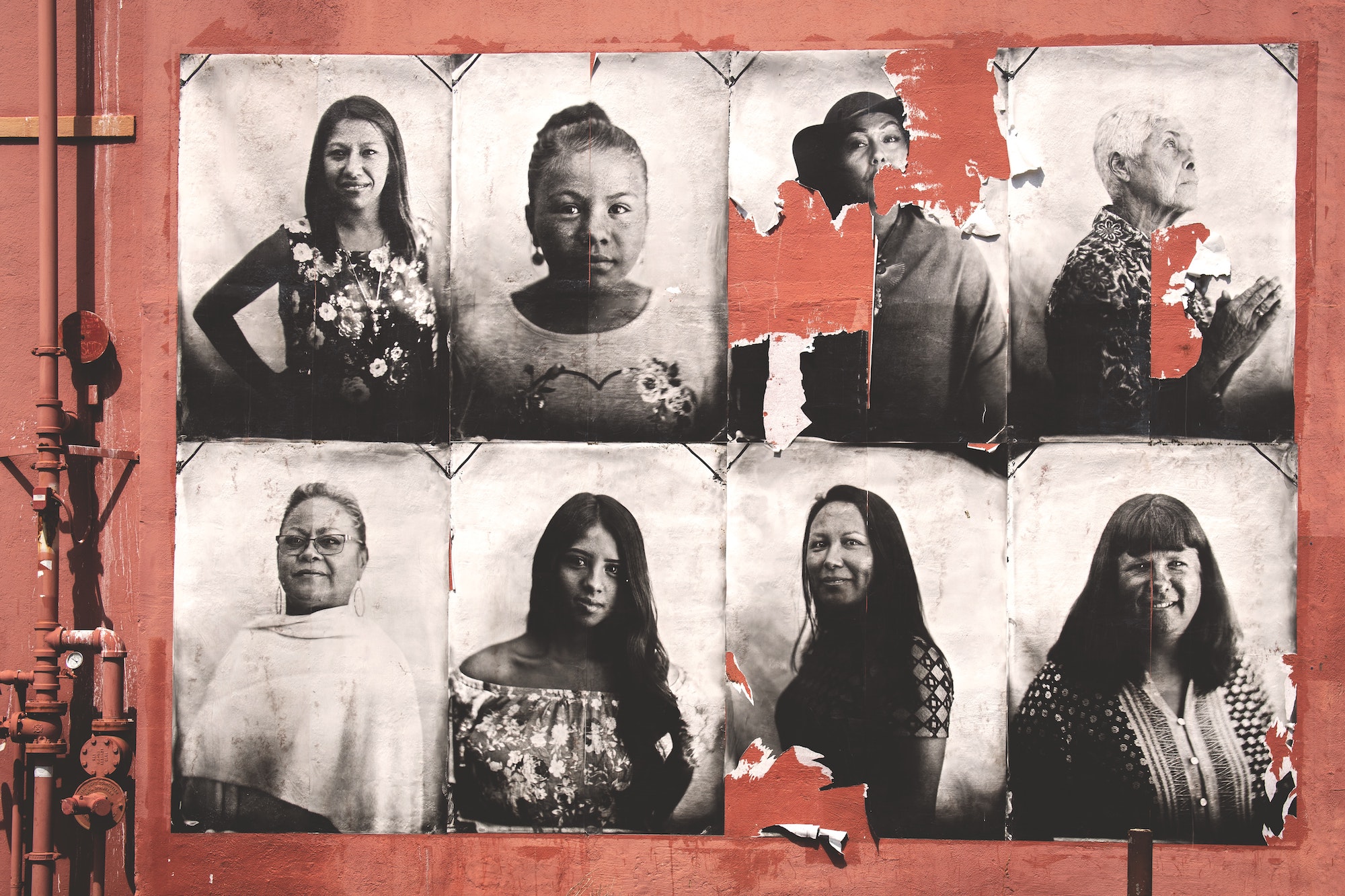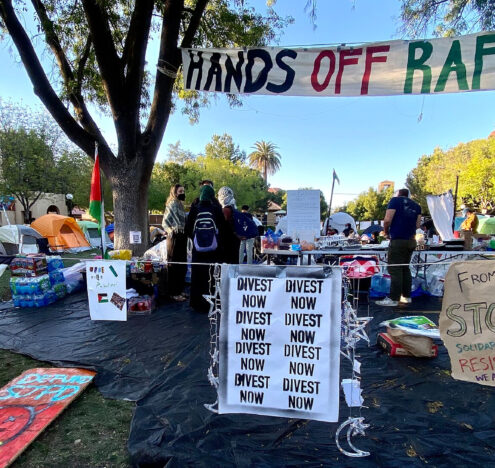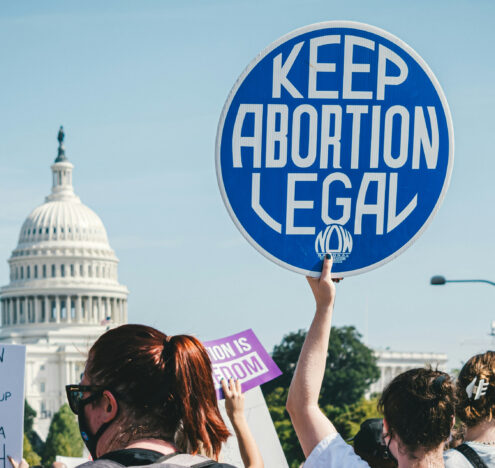Even before the coronavirus pandemic, US policy faced a problem. The Trump Administration had injected an enormous amount of ferment and polarization into US foreign policy conversations. But whether they were trying to uphold or destroy them, all sides of the debate continue to rely on paradigms from the Cold War and 1990s neoliberal conceptions of international order. Too often security policy decisions, from trade agreements to counterterrorism strategy, are driven by outdated strategic frameworks, and critiques savage those frameworks while still proceeding from some of the same outdated assumptions about power, values and the international system. As a result, we have a debate that often fails to connect with what people in the US and abroad value in their lives and communities.
COVID-19 has exposed the flaws in these old security paradigms, demonstrating that they rely on outdated assumptions about the world. But the history of recent years of US debate shows that it will take more than just observing that the old ways don’t work to move us to new ways that do work. To get past critique, research and experience demonstrate that one of the best ways to inject innovative ideas into stale debates is to widen the aperture of the people who are making policy. From studies in the business and banking sectors to the peacekeeping and conflict resolution arenas, findings show that diversity leads to more innovative and durable outcomes. In short, to generate better policies to confront the unique foreign policy challenges that we face, we need a more diverse national security community.
Our March 2019 report documented how the experiences of — and challenges faced by — women in the nuclear security field shape and limit policy choices and outcomes for the whole field, male and female, as well as everyone subject to nuclear weapons policy. We interviewed women who have held senior positions across agencies, for both Republican and Democratic administrations, who reported that gender diversity tended to bring an increased openness to new ideas, and that having a critical mass of women present also made it easier to build the social relationships and networks that facilitate decision-making.
In a 2016 commencement address, former National Security Advisor Susan Rice described the national security workforce as “white, male, and Yale.”
A lack of diversity, on the other hand, made it harder to introduce new ideas into the conversation. Michèle Flournoy, former Under Secretary of Defense for Policy who was the highest-ranking woman at the Department of Defense in its history when she was confirmed, described this struggle as the “consensual straitjacket.” She told us: “I think women are socialized to sort of think outside the box to solve problems, and to make connections, and to work horizontally to build networks and relationships, and to sometimes solve a problem by reexamining the basic assumptions and looking at it differently. And that just was not welcomed very much in the nuclear conversation.”
Unfortunately, diversity in the national security community appears to be trending backward. A recent GAO report found that while 44 percent of State Department employees were women in fiscal year 2002, that same proportion had slightly declined to 43 percent in fiscal year 2018. The proportion of racial/ethnic minorities at the State Department only increased from 28 to 32 percent from fiscal 2002 to 2018. In a 2016 commencement address, former National Security Advisor Susan Rice described the national security workforce as “white, male, and Yale.” Last month, we hosted an online event to talk about what diversity backsliding in the national security community could mean for policy outcomes. Panelists noted that our choices about how we frame China’s role in COVID-19 could be harmful to the US response to the pandemic and fuel hate crimes against members of the Asian American community.
Another recent GAO report found that a lack of diversity hindered FEMA’s response to Hurricane Maria in Puerto Rico: a dearth of Spanish-speaking employees contributed to delays in assistance. A lack of expertise — and inability to employ outside-the-box thinking — could similarly hinder our response to the COVID-19 emergency (indeed, as Laicie Heeley points out, it already has). As scientists, first responders, caregivers, and more, women are already on the front lines in the COVID-19 response.
But COVID-19 could itself also contribute to the trend of diversity backsliding in the national security arena. UN Women warns that the pandemic threatens progress on gender equality, by “deepening pre-existing inequalities, exposing vulnerabilities in social, political and economic systems which are in turn amplifying the impacts of the pandemic.”
We can’t afford diversity backsliding at a moment when we face critical security challenges from COVID-19 to climate change and nuclear proliferation. We need to introduce new voices and innovative ideas into the policy conversation, especially in the 2020 elections season, when new ideas have the chance to shape the debate and make it into candidates’ policy platforms.
That’s why we’re launching an essay competition today.
Magazine-length pieces introducing transformative frames for how Americans respond to the world are one of the great traditions of modern US foreign policy, and we’re looking to add some diversity to this august tradition.
While there are no easy answers when it comes to improving gender parity in the national security ranks, there are a number of strategies that we can adopt from the public and private sectors to support diverse teams, including providing paid family leave, implementing flexible work policies, and making performance reviews and promotion processes more transparent. These kinds of policies will become even more critical as workers and families adjust to new modes of working and living.
We are likely to face unprecedented challenges in a post-COVID world. We can’t afford diversity backsliding.
Heather Hurlburt is the director of the New Models of Policy Change project at New America’s Political Reform program. Dr. Alexandra Stark is a senior researcher at New America.
Think you can improve US security policy? Learn more about the competition, and submit your essay, here.





















